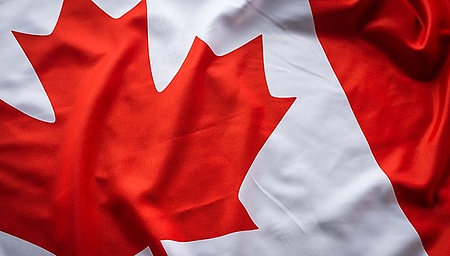Get the updates in your inbox
Subscribe to get the latest news and updates.
No spam. We promise.

Finding the right partner to navigate rule changes such as these is crucial for successfully registering and maintaining your patents in Canada and throughout the world.

The Trademark Modernization Act of December 11, 2018, which came into force on January 14, 2019, brings some interesting changes in the area of German trademark licensing law.

Under the new rule, foreign-domiciled applicants are now required to use an attorney licensed in the U.S. to file all submissions, including those made through the Trademark Electronic Application System (TEAS).

A report on IP Awareness and Attitudes issued this April by the Center for Intellectual Property Understanding (CIPU) shows that many consumers are willing to circumvent IP rights despite recognizing their importance.

The 12th edition of the Global Innovation Index (GII) aims to assist decision-makers in understanding the innovative activity that propels economic and human development.

Product quality is a growing concern for consumers due to trade globalization and easier access to international goods and services.

Current USPTO policy is to refuse all cannabis-related trademark applications other than hemp derived products that contain less than .3% THC. This policy has forced the cannabis industry to use creative alternatives to protect their brands.

It is hard to find somebody who has never worn a pair of sneakers or another garment featuring the famous "three stripes" at least once in his life. However, being famous does not exempt trademark owners from the strict requirements of providing evidence.

The last 25 years have seen massive developments in the practice and treatment of IPRs. We are taking a look at those changes that have significantly influenced the practice of IP.

On April 23, 2019, the China National Intellectual Property Administration (CNIPA) enacted revisions to the country's trademark law.

As of March 1, 2019, the further amended Benelux Convention on Intellectual Property (BCIP) entered into force, implementing the European Trademark Directive 2015/2436 and aligning the Benelux trademark law with the EU trademark law.

EU needs modern copyright rules fit for the digital age but, when it comes to their implementation, hardly any topic has sparked as much controversy as the planned Directive on Copyright in the Digital Single Market.